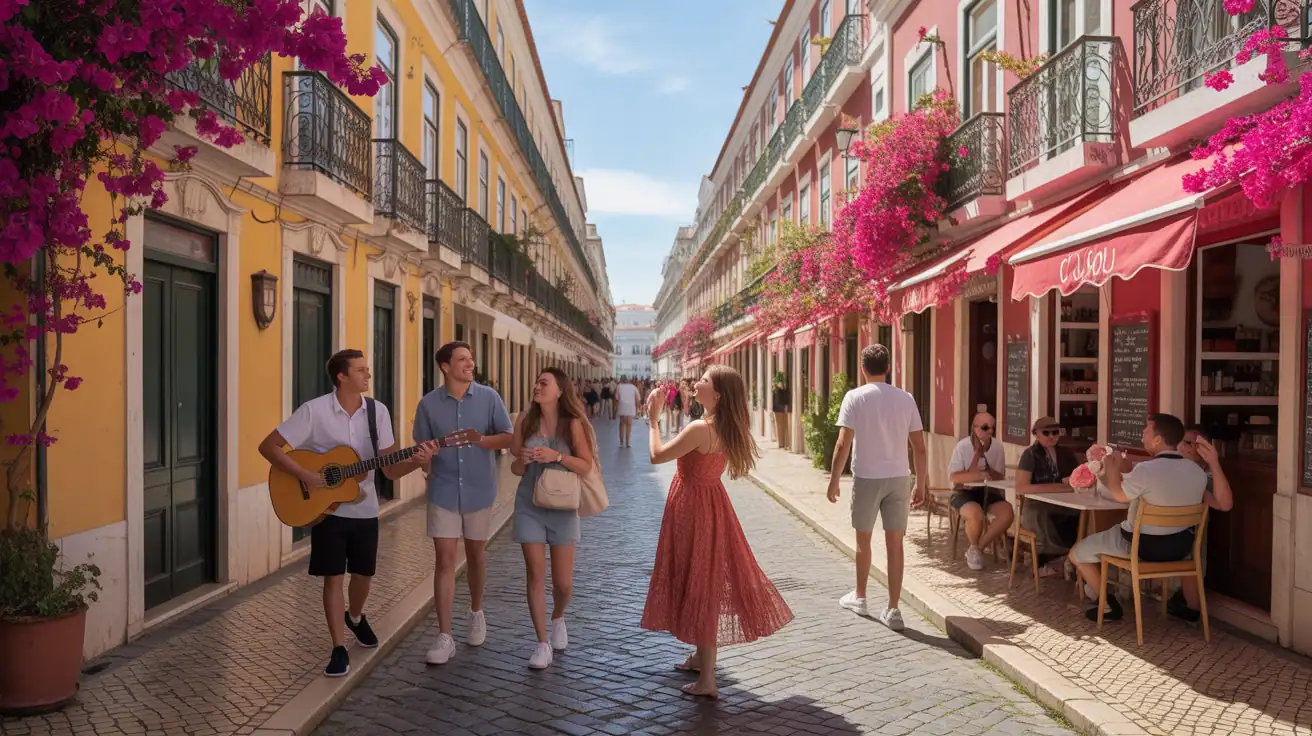If you are planning a trip to Portugal in 2025, it’s important to know about the tourist tax. Many popular destinations across Europe, such as Spain, Italy, and France, already apply tourism taxes to support city infrastructure and maintain services for visitors.
From 2025 onwards, Portugal is updating its tourist tax system. This tax will affect travelers staying in hotels, guesthouses, and other short-term accommodations across several Portuguese cities. Let’s break down what it means for tourists, how much it costs, and why it is being introduced.
What Is the Tourist Tax in Portugal?
The tourist tax, also called a city tax or visitor tax, is a small daily fee that travelers pay when staying in certain Portuguese cities. The purpose of this tax is to:
- Support city services such as waste management, transport, and public safety.
- Maintain tourist attractions and heritage sites.
- Help local communities manage the high number of visitors.
This tax is not included in your booking price. Instead, it is usually charged by your hotel or accommodation provider upon check-in or check-out.
Tourist Tax Rates in Portugal 2025
The amount depends on the city you visit. As of 2025, here are the expected rates:
- Lisbon: €2 per person, per night (up to 7 nights).
- Porto: €2 per person, per night (up to 7 nights).
- Algarve (selected municipalities): €1.50 – €2 per person, per night.
- Other tourist areas: Local councils may set similar fees as tourism continues to grow.
👉 Children under 13 are usually exempt, and the maximum nights are often capped to prevent excessive charges.
Who Needs to Pay the Tourist Tax?
- All international visitors staying in hotels, guesthouses, hostels, or Airbnbs.
- Both short-stay tourists and business travelers.
- Portuguese residents are usually exempt.
Why Is Portugal Increasing Focus on Tourist Tax in 2025?
Tourism is one of Portugal’s most important industries. Cities like Lisbon, Porto, and Faro welcome millions of visitors every year. While this boosts the economy, it also puts pressure on public spaces, transport, and waste systems.
The updated Tourist Tax Portugal 2025 helps:
- Balance the cost between residents and visitors.
- Protect Portugal’s historic cities and natural areas.
- Fund sustainability projects for future tourism growth.
In short, the money collected will be reinvested into making Portugal a cleaner, safer, and more enjoyable destination for everyone.
How to Pay the Tourist Tax
The process is simple and usually handled by your accommodation provider:
- When you book a hotel, guesthouse, or Airbnb, the tourist tax may appear separately from the nightly rate.
- Upon arrival or departure, you will be asked to pay the amount in cash or card.
- The hotel or host transfers the money directly to the local council.
Tip: Always check if the tourist tax is included in your final booking price or paid separately at check-in.
Impact on Travelers
For most tourists, the extra cost is minimal compared to the overall expenses of a holiday. For example:
- A couple staying 4 nights in Lisbon would pay: €16 total (€2 × 2 people × 4 nights).
- A family of 2 adults and 2 children under 13 would only pay for the adults, saving money.
The fee is small but goes a long way toward improving the travel experience in Portugal.
Tourist Tax in Europe vs. Portugal
Portugal is not alone in applying a tourist tax. Other countries with similar systems include:
- Spain: Charges between €1–€4 depending on the city.
- France: Applies a nightly tax in Paris and other destinations.
- Italy: Rome and Venice apply city taxes to all overnight stays.
Compared to these destinations, Portugal’s tourist tax is moderate and affordable.
Exemptions and Reductions
In 2025, exemptions are expected to remain similar to previous years:
- Children under 13 years old.
- Long-term stays beyond the maximum capped nights (usually 7).
- Travelers on medical trips (with proof).
Conclusion
The Tourist Tax Portugal 2025 is a small fee that supports the country’s growing tourism sector. While the cost is minor for travelers, it has a big impact on preserving Portugal’s beautiful cities and ensuring sustainable tourism.
If you are planning to visit Lisbon, Porto, the Algarve, or other popular destinations, remember to budget for this tax as part of your stay. It’s a simple contribution that helps keep Portugal welcoming, clean, and prepared for future generations of visitors.

